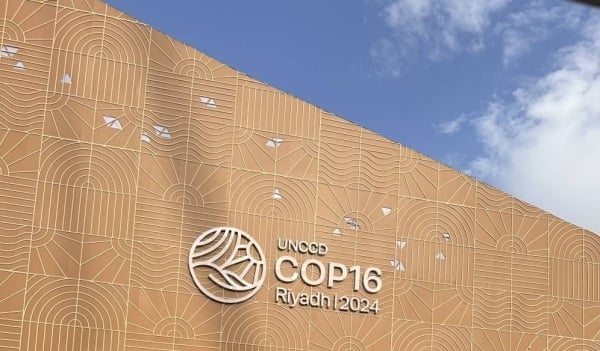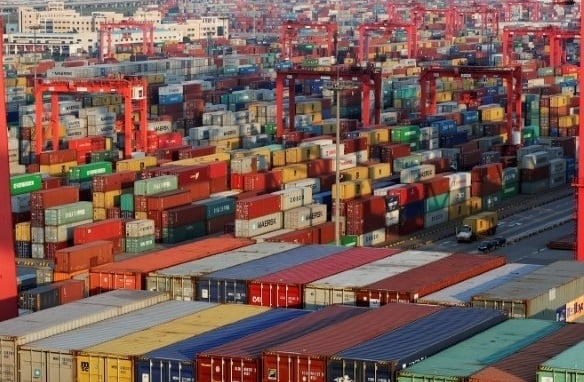Publisher: Maaal International Media Company
License: 465734
New policy brief presented at COP16 designed to divert world away from 90% global topsoil degradation
اقرأ المزيد
– 60 leading NGOs have joined forces to endorse a major policy brief to be presented at the United Nations Convention to Combat Desertification (UNCCD) COP 16 in Riyadh (2nd -13th Dec).
– Authored by Save Soil and 4per1000, the policy brief calls on the UNCCD to expand their areas of action to support farmers in restoring land and soil health across the globe, given the escalating soil degradation crisis—costing the planet 24 billion tons of fertile soil annually and impacting the livelihoods of 1.5 billion people.
– The UN Food and Agriculture Organisation has estimated 90% of topsoil globally may be degraded by 2050. By the same year, the global population is expected to be 10 billion, requiring 60% more food than is currently produced. Experts are pointing to an unimaginable food crisis.
– The policy brief also emphasizes the critical role of soil in carbon sequestration, loss of livelihood, air and water pollution, and loss of biodiversity, urging UNCCD to intensify its efforts and resource allocation. Farmers across the globe urgently need funding to transition to regenerative practices.
– “The international support this brief is receiving is testament to the increasing global recognition of soil’s critical importance for climate resilience and food security,” stated Praveena Sridhar, Chief Technical Officer, Save Soil.
Sridhar added “If we want food for our children in 25 years time, greater resources and effort need to be invested in restoring lands not yet severely degraded, along with desertified lands. We can do this by supporting farmers in adopting regenerative practices across all geographies. This COP 16 is an opportunity for all nations to support their farmers to save their soils.”
Key Highlights:
1. Global Call for Expanded Restoration Efforts: The brief advocates for the inclusion of all geographies in land restoration initiatives, ensuring Asia and the Americas receive equal prioritization with Africa.
2. Focus on Prevention: It highlights the cost-effectiveness and efficiency of prioritizing lands not yet severely degraded, a strategy that can avert escalating damage and expedite restoration.
3. Support for Farmers: The brief calls for enhanced funding and support for farmers to adopt agroecological practices, including regenerative agriculture, which can rebuild soil organic matter.
Voices of Advocacy
This policy document represents a coalition of NGOs dedicated to reversing land degradation and achieving the ambitious G20 Global Land Initiative target of a 50% reduction in global degraded land area by 2040. Among the endorsing organizations are 4 per 1000, Save Soil, SEKEM, and numerous grassroots initiatives across Africa, Asia, Europe, and the Americas.
A Critical Juncture
As the UNCCD celebrates 30 years of combating desertification and promoting sustainable land management, this brief reminds the global community of the work that remains. With 2 billion hectares of land already degraded worldwide, the stakes have never been higher.
“Land degradation, and above all soil degradation, is the major theme that must guide our joint actions if mankind is to have any chance of continuing its adventure on Earth. Land and soil degradation should be at the heart of our concerns, and not just in areas that are already desertified, or severely affected, but wherever soil erodes and darkens our rivers, wherever the relentless process of water and wind erosion affects the health of our agricultural and forest soils.” – Dr Paul Luu, Executive Secretary, 4per1000
The document highlights disparities in current funding allocations, which favor tree-based interventions over broader agroecological solutions. It calls for a realignment of priorities to better reflect the vast scale of croplands and rangelands globally, where 90% of agricultural activity occurs.
A Path Forward
The endorsing organizations urge COP16 delegates to take bold steps by:
• ● Expanding financial commitments for preventative action.
• ● Equitably supporting regions across diverse agro-ecological zones.
• ● Championing farmers as key agents of soil restoration through education and incentives for adopting regenerative practices.








